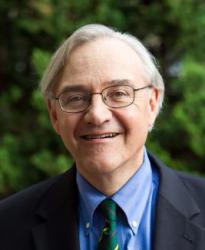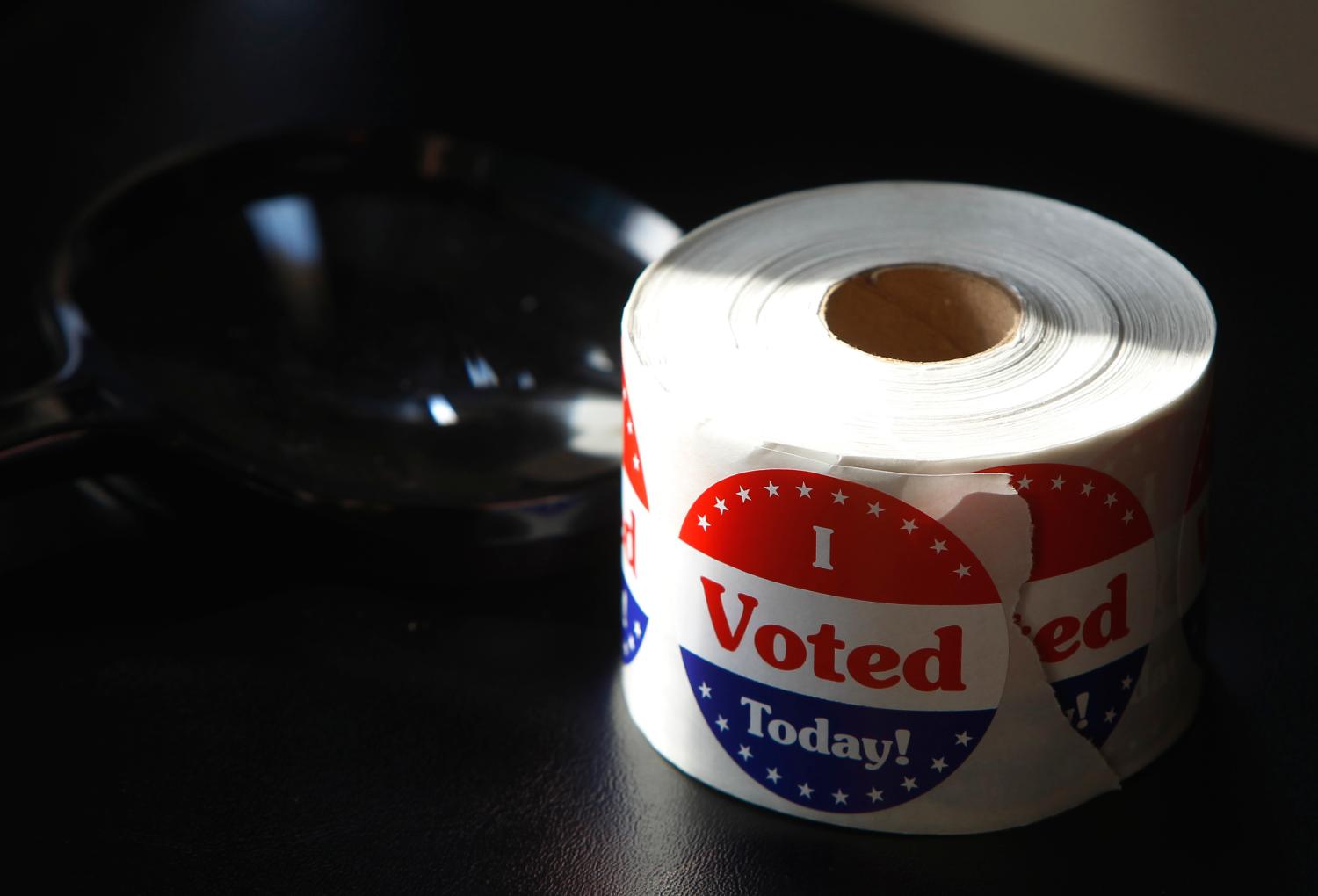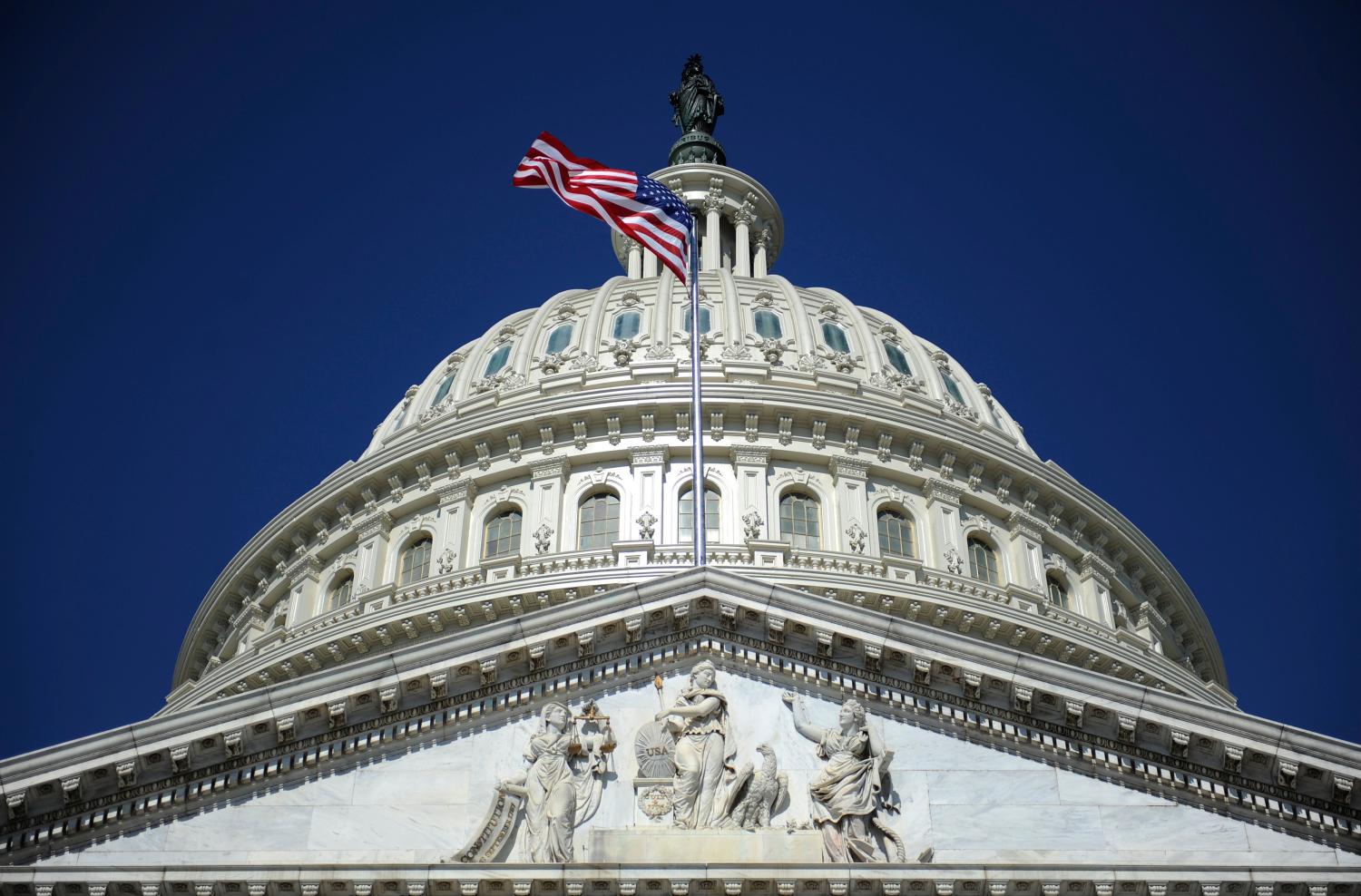William Galston and E.J. Dionne, Jr. make the case for universal voting – a new electoral system in which voting would be regarded as a required, civic duty. Why not treat showing up at the polls in the same way we treat a jury summons, which compels us to present ourselves at the court? Galston and Dionne argue that universal voting would enhance the legitimacy of our governing institutions, greatly increasing turnout and the diversity of the American voter base, and ease the intense partisan polarization that weakens our governing capacity.
Citing the implementation of universal voting in Australia in 1924, the authors conclude that universal voting increases citizen participation in the political process. In the United States, they write, universal voting would promote participation among citizens who are not likely to vote—those with lower levels of income and education, young adults, and recent immigrants. By evening out disparities in the electorate, universal voting would put the state on the side of promoting broad civic participation.
In addition to expanding voter participation, universal voting would improve electoral competition and curb hyperpolarization. Galston and Dionne assert that the addition of less partisan voters in the electorate, would force candidates to shift their focus from mobilizing partisan bases to persuading moderates and less committed voters. Reducing partisan rhetoric would help ease polarization and increase prospects for compromise.. Rather than focusing on symbolic, political gestures, Washington might have an incentive to tackle serious issues and solve problems.
Galston and Dionne believe that American democracy cannot be strong if citizenship is weak. And right now, they contend citizenship is strong on rights but weak on responsibilities. Making voting universal would begin to right this balance and send an important message: we all have the duty to help shape the country that has given us so much.
Galston and Dionne recognize that the majority of Americans are far from ready to endorse universal voting. By advancing a proposal that stands outside the perimeter of what the majority of Americans are likely to support, Galston and Dionne aim to enrich public debate—in the short term, by advancing the cause of more modest reforms that would increase participation; in the long term, by expanding public understanding of institutional remedies to political dysfunction.
The Brookings Institution is committed to quality, independence, and impact.
We are supported by a diverse array of funders. In line with our values and policies, each Brookings publication represents the sole views of its author(s).






